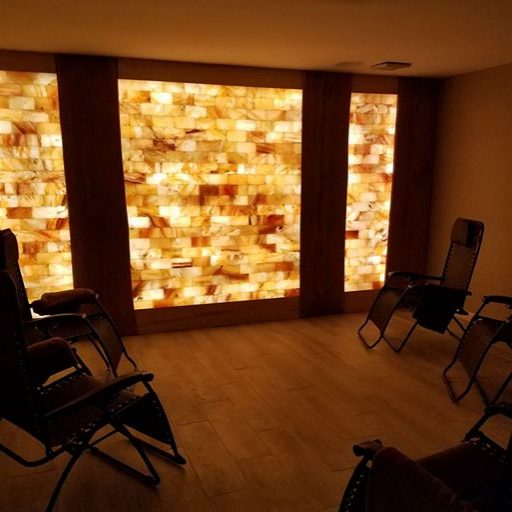
So much happens when we sleep. It is a time to restock hormones which are the messenger molecules in our bodies. It’s a time to process toxins to get them ready for elimination. Sleep is when we repair damaged tissue which explains why if you have had surgery, you need so much more sleep. Sleep helps support the immune system by using that downtime to create more white blood cells. Sleep also helps reduce and eliminate stress. And, not the least of all, when we are well-rested, we have more motivation.
Sleep issues are rampant. According to Consumer Reports, 27% of the population have trouble falling asleep or staying asleep. Also, according to that same article, two-thirds of the population struggle with sleep at least once per week.
Can you relate?
Sleep issues can be caused by a myriad of issues.
It can be caused by an imbalance in neurotransmitters, especially serotonin, melatonin, or an imbalance of GABA and glutamate.
Sleep issues can also be caused by a high level of cortisol which is known as the stress hormone.
High levels of toxicity may be causing these sleep disturbances. Our liver deals with toxins while we sleep and, when it has to kick into overdrive, that can be a source of sleeplessness.
Dealing with sleep issues can be the direct result of consuming food that our bodies are sensitive too. When our immune system is dealing with these foods, it is a source of stress in our bodies which results in the release of cortisol which, as it rises, wakes us up.
Not consuming enough protein can cause a problem sleeping. Amino acids are made from well-digested protein. We do not have a way to store those amino acids, so, if we are not consuming enough protein, we are not providing our bodies with enough raw material to make the neurotransmitters that help us sleep.
Finally, hormonal imbalances can be a source of trouble sleeping. Unfortunately, this is very common, especially as we get older.
For many of us, finding a good night’s sleep is as simple as practicing good sleep hygiene which I addressed in an earlier blog.
Getting to the root cause of the issue is key to addressing it long-term. However, there are some triage steps to take.
I am sure many of your friends have toted the magic of melatonin, but that is not the answer for everybody. Each body is different and sleep problems must be addressed on an individual basis.
Here are some common reasons people can’t sleep and some suggestions to support them until you can find the reason you can’t sleep.
- Trouble falling asleep
- This may be the time when melatonin will work. When we sleep, melatonin rises and cortisol should flatline. Cortisol is the hormone that wakes us up in the morning but, if we are stressed, have a food sensitivity, or are ruminating, the cortisol level may not drop. Adding a little extra melatonin to your system may help.
- Start at 0.5 mg of melatonin for a few days. Gradually increase it. Do not take more than you need to because it can result in a hungover sort of feeling the next day.
- This is not a long-term solution because it can suppress the gland that makes the melatonin.
- Some medications will stop the production of melatonin including B-blockers and non-steroidal anti-inflammatory drugs such as Advil and Motrin. Taking these might be a reason why you can’t fall asleep at night.
- Waking in the middle of the night
This can be occurring for many reasons. If you wake with a hot flash sort of feeling, your blood sugar may have dropped too low and your body is rescuing you by giving you a surge of epinephrine which is waking you.
If it is a blood sugar issue, have a small snack that includes complex carbohydrates, protein, and fat about 30 minutes prior to bed. A good choice would be a half an apple with some almond butter
- Waking up feeling exhausted
- Some common reasons people wake up feeling exhausted is that their sleep cycle is interrupted. Perhaps they wake up to an alarm clock and it interrupts a cycle.
- They could be experiencing cortisol spikes due to allergies.
- Their body could be struggling with toxicity. A poorly maintained humidifier may be a source of unsuspected mold, for example.
- Undiagnosed sleep apnea
- Sleeping with the tv on or other light sources that are interrupting sleep.
Sleep is very complicated and finding the root cause of your sleep issues is what will ultimately resolve the problem for you.
If you need help finding the root cause of your sleep issues, please, email me at justbreatheasaltroom@gmail.com.

